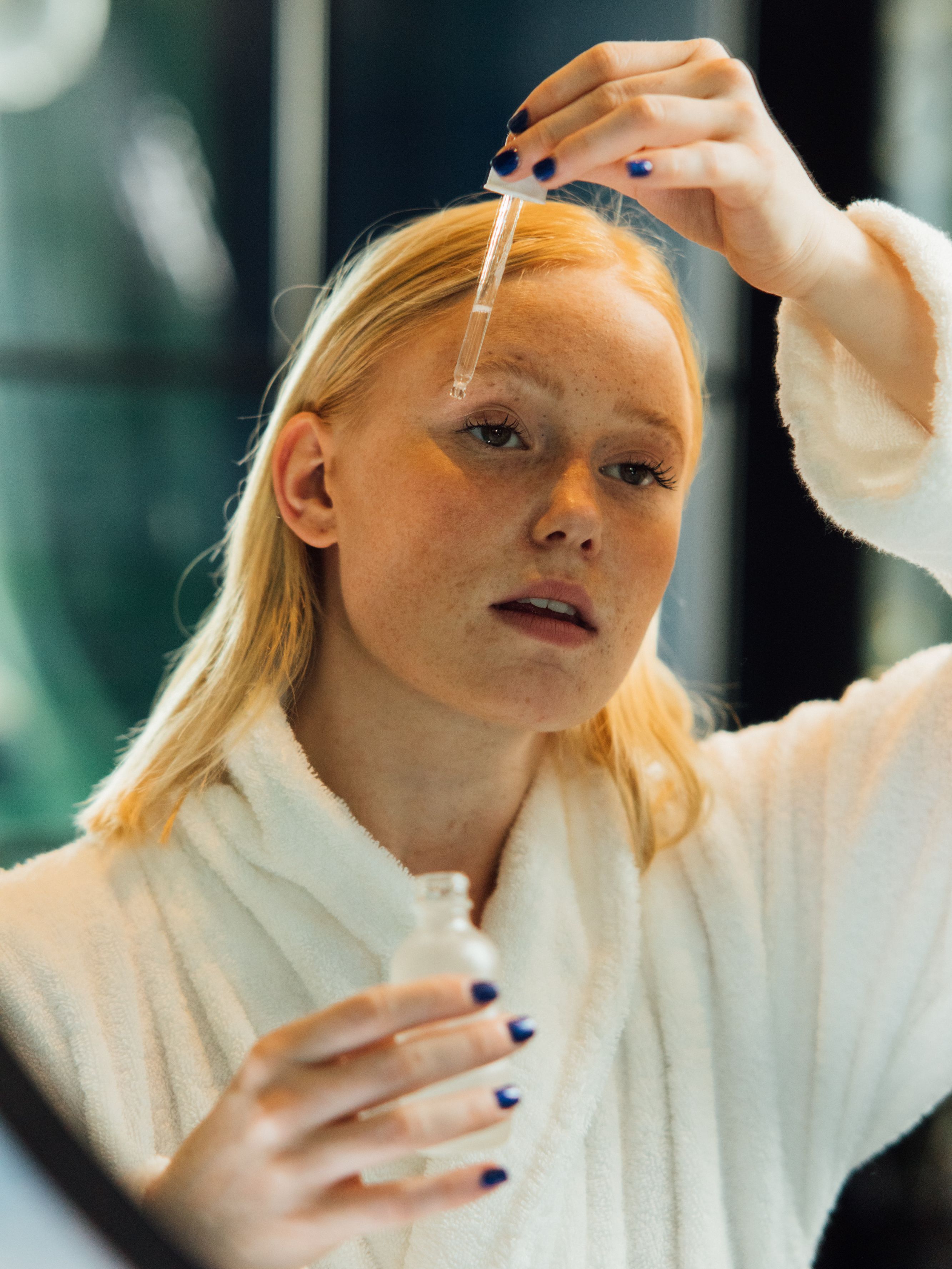Retinol has become a popular anti-aging ingredient in recent years. How exactly does retinol help tighten the skin, smooth out fine lines, and even prevent acne? What precautions should be taken when using retinol to avoid side effects? Let's learn about the benefits of retinol and our recommended retinol skincare products!

What is Retinol?
Retinol is a form of vitamin A that is highly effective in stimulating skin cell renewal and collagen production. It is commonly used in skincare products such as serums and creams.
Retinol is well-known for its anti-aging properties and is a form of vitamin A that can be used in skincare products like moisturizers and serums. This name can be confusing because there are several synthetic formulations of retinol in skincare, and they sound similar, such as retinoic acid, retinyl palmitate, retinyl acetate, and retinyl propionate. All forms of retinol, including synthetic and naturally derived retinoids, are classified as retinol.
Retin-A is a prescription brand of tretinoin, which is a prescription-only form of vitamin A that can improve signs of aging, particularly targeting fine lines and wrinkles. It is typically prescribed when over-the-counter treatments have been ineffective. However, skincare experts still consider pure retinol to be the most effective anti-aging treatment, surpassing any of its derivatives.
How does Retinol work?
When applied to the skin, retinol molecules work in the epidermis and dermis to neutralize free radicals, stimulate collagen production, and accelerate skin cell turnover. Retinol promotes the division of more basal cells at the bottom layer of the skin, delivering fresh epidermal cells to the surface and directly increasing collagen production. Essentially, retinol trains your skin cells to regenerate at a faster rate, which may result in an "adjustment period" for your skin in the first few weeks. During the repair process, your skin may exhibit irritating effects such as stinging, dryness, redness, and peeling, but there's no need to panic. Over time, your skin condition will improve and develop tolerance to retinol.
The enhanced cellular repair action of retinol not only heals DNA damage caused by sun exposure or environmental stress but also improves signs of aging such as fine lines (including forehead wrinkles!), uneven skin texture, dullness, and discoloration. With initial side effects as motivation, you can reverse the signs of aging in about three months.
How should Retinol be used? What are its effects?
Retinol is truly a miraculous ingredient for restoring youthful skin as long as it is used in appropriate concentrations, with the correct application method and frequency. For those new to retinol, we recommend consulting a dermatologist to learn the best application method for your skin type. We typically suggest starting with a weaker concentration of 0.1% or 0.2% and then gradually building up to higher concentrations like 1% or even 2% as tolerated by the skin. It's important to use retinol in conjunction with broad-spectrum sunscreen since the radiant and healthy skin achieved with retinol can become more sensitive to sunlight.
Long-term benefits of using retinol on the skin include:
1. Clearing, tightening, and shrinking pores
2. Improving pigmentation caused by sun damage
3. Evening out skin tone
4. Smoothing out fine lines and wrinkles
5. Restoring facial fullness and improving skin laxity through collagen stimulation
6. Improving skin texture
7. Reducing the appearance of acne and minimizing future breakouts
